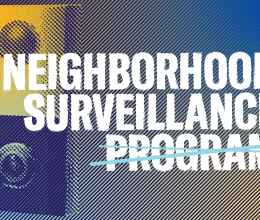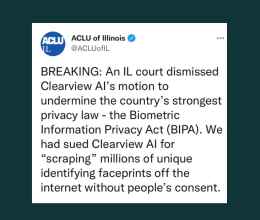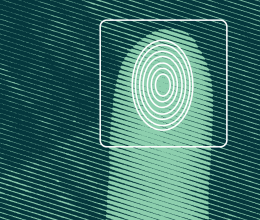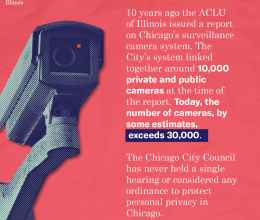
The Peoria Journal-Star published an investigative piece on the use of automatic license plate readers (ALPRs) by law enforcement nationwide. The ACLU released a report in 2012 about how this technology is used in conjunction with surveillance technology for location tracking purposes, underscoring privacy concerns regarding how the information is stored, and the intention of its use. That same year, the ACLU of Illinois issued a FOIA request to seek details on automatic license plate readers from Illinois state and local police departments. We are currently exploring ways to apply appropriate regulations to ALPRs in Illinois.
In a 2012 report, the American Civil Liberties Union said the risk of abuse should not undermine legitimate purposes for license plate readers. Automatic license plate readers can help police locate stolen cars, find missing persons, stop those driving without a license and locate people wanted on warrants. But plate readers don’t just record the movements of suspected criminals. They capture the plate of every car that passes, privacy advocates note, so rules are needed to prevent misuse. An ACLU study in Maryland showed that for every 1 million license plates stored in a police database, only 47 were connected to a serious crime. On the other hand, crime analysts say data gathered from surveillance can be useful in predictive policing strategies. Analysts often want to keep the data forever, while privacy groups want strict limits on retention. The ACLU has called for legislation to limit data retention for license plate readers and provide other oversight, such as mandatory public reports on use of the systems.
Read the entire article.
Stay tuned by signing up to receive email alerts about this issue.






